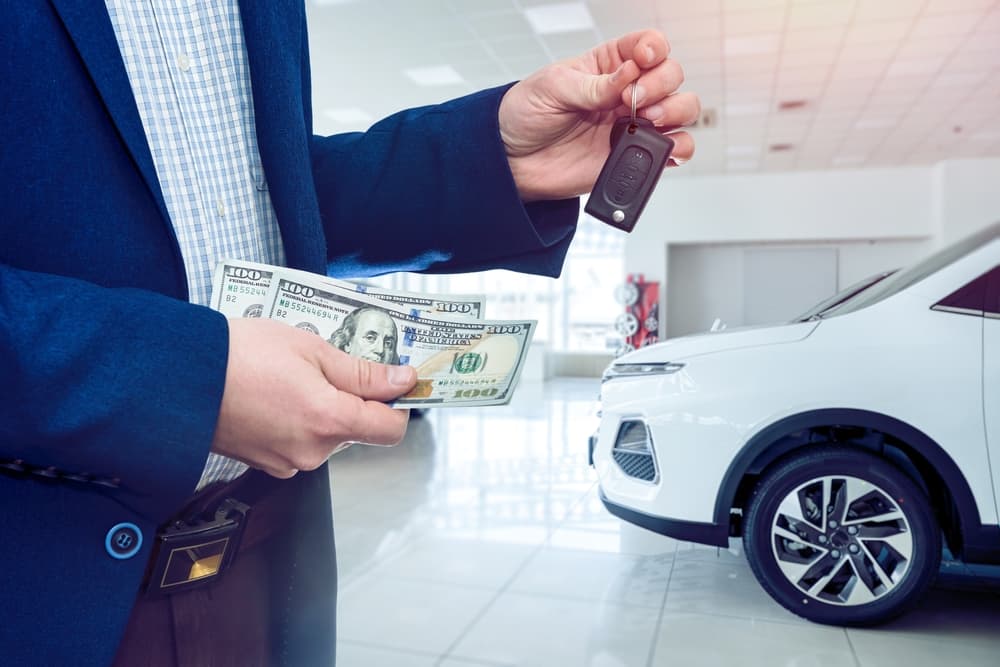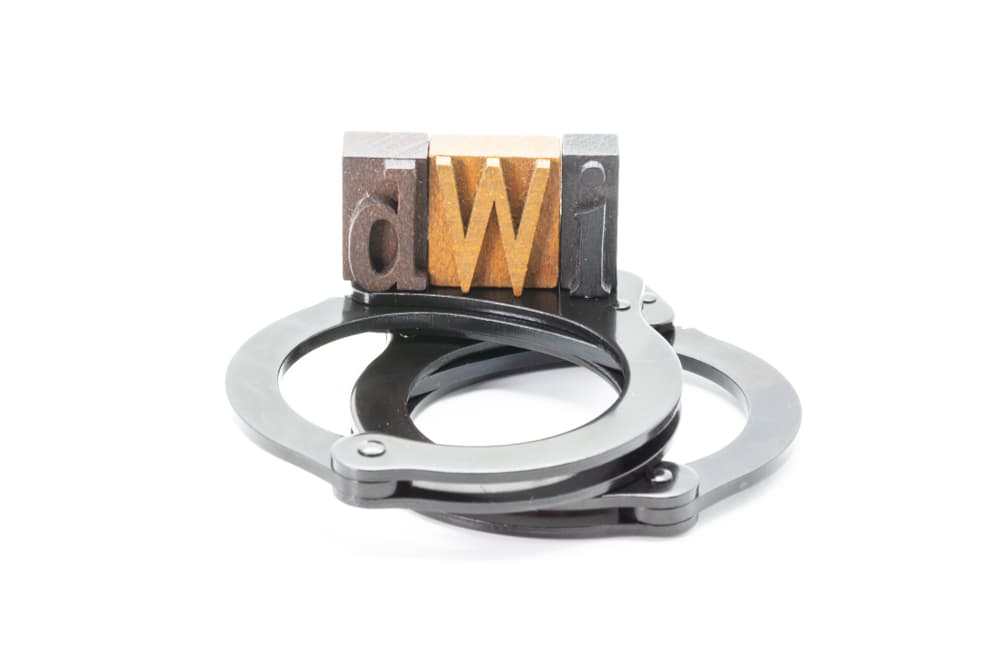Getting charged with Driving While Impaired (DWI) can result in costly expenses as well as a potential loss of freedom and lifestyle changes. In addition to incarceration or license suspension, other associated costs and penalties can financially overwhelm defendants.
While hiring a DWI defense lawyer seems like an additional expense, the right legal representation can often reduce the other consequences you experience, which is worth it in the long run.
The following information on costs helps you understand what to expect if you face a DWI in North Carolina. Keep in mind that this is only one example, and other states will have varying fines, fees, and other expenses you might face during and after the DWI process, especially without the proper defense.
Schedule Your Free Consultation
Bail Considerations and Costs

After an arrest for DWI, some people are let go with only a court summons. However, others need to pay bail to get released from custody. Although you can recover the money later if you appear in court, it’s still a major upfront expense. If you can’t pay the full bail, you’ll need to work with a bail bondsperson to get out of jail.
What you pay in bail depends on the severity of the DWI charge. A lesser charge may require a bond amount of up to $500, while a more serious charge may require a bond of $5,000 or more.
Driving Privileges and the Related Expenses
A conviction for DWI instantly means civil revocation of your driving privileges by the State of North Carolina - even if you’re not found guilty. After revoking your license, you might be eligible for a pretrial limited driving permit. However, to take advantage of the privilege, you still need to remit a fee of $100 to the clerk-of-court.
The automatic suspension usually ends after 30 days. Even if you did not apply for the pretrial limited driving permit, you’ll still need to pay a $100 restoration fee to revert the revoked status of your license. If you don’t take measures immediately, you can spend even more money on public transportation or ride-sharing services to get around daily or to work.
Installing an Ignition Interlock Device - Lease Fees and Other Costs

If you have to place an ignition interlock device on your car, this is yet another cost to consider. What you pay depends on the type of device, the vehicle, and the brand. Installation, on average, ranges between $75 to $150. Lease fees, monthly, are around $75.00. Other expenses may include service calls and removal fees.
For instance, Intoxalock requires a deposit of about $50.00 to $77 and a set-up and installation fee of $30.00 to $300.00. The lease fee monthly reflects the deposit and ranges between $50.00 to $77.00. Other brands, such as LifeSaver, charge a program cost of about $2.00 daily. Installation is free. Shipping costs may also apply.
Fines Imposed For a DWI
If you are found guilty of DWI in North Carolina, the court will impose a fine when you’re convicted. The amount can differ widely, depending on the degree of the offense. The lowest fines may start from around $200 for the least serious cases, while the highest fines may be as much as $10,000. Felony DWI fines for habitual offenders may exceed this amount.
Substance Abuse Assessment and Treatment Fees
If you’ve received a DWI in North Carolina, you must undergo a substance abuse assessment. Based on your case specifics or drug addiction history, what you pay for rehabilitation can vary. However, you’ll still find the costs burdensome. These programs are not cheap, with rates for substance abuse sessions typically costing about $260 each, while alcohol programs average about $100 per visit.
Moreover, if you don’t complete these court-ordered sessions, you’ll experience even more costs. You’re only prolonging the revocation period on your driving privileges when you don’t commit to rehab. If you take part in the program right away, the court will view you more favorably.
You must understand that these costs are among the expenses you may face when charged with and convicted of DWI. Beyond fines and legal fees, you should anticipate increased insurance premiums and potential long-term financial impacts. Knowing these costs allows you to prepare for and manage the financial consequences more effectively.
Potential Loss of Employment: How It Can Cost You

Your employment also stands a chance of suffering due to a DWI conviction. As a rule, you may need to inform your boss about your conviction, especially if you possess a professional license or if driving is part of your job.
If your employer terminates your employment due to the conviction, You will lose earnings and face challenges in finding a new job. That’s why you need to consult with a DWI lawyer. They will make sure the outcome is more positive. You just need to commit to making restitution while showing a commitment to resolving the circumstances related to your offense.
Insurance Hikes
A DWI conviction will cause your car insurance premiums to rise significantly. Rates typically increase by about 300 percent following such a conviction. This can translate into hundreds or even thousands of dollars in additional premiums within just one year. This substantial increase reflects the higher risk perceived by insurers and can have a long-lasting financial impact on your budget.
Contact a DWI Lawyer to Reduce the Costs of DWI Now

A DWI charge in North Carolina carries significant financial and personal consequences. The impacts are far-reaching, from potential fines and jail time to increased insurance premiums and possible job loss. Beyond these immediate effects, a DWI conviction can also tarnish your reputation and affect your future opportunities.
That’s why you should always retain the services of a competent DWI lawyer. An experienced criminal defense attorney can tackle the legal system, challenge evidence, and advocate on your behalf to mitigate the consequences. Make sure you cover your legal bases to achieve the best possible outcome. Schedule a consultation with an experienced criminal defense attorney and case review to protect your rights and secure a stronger defense.